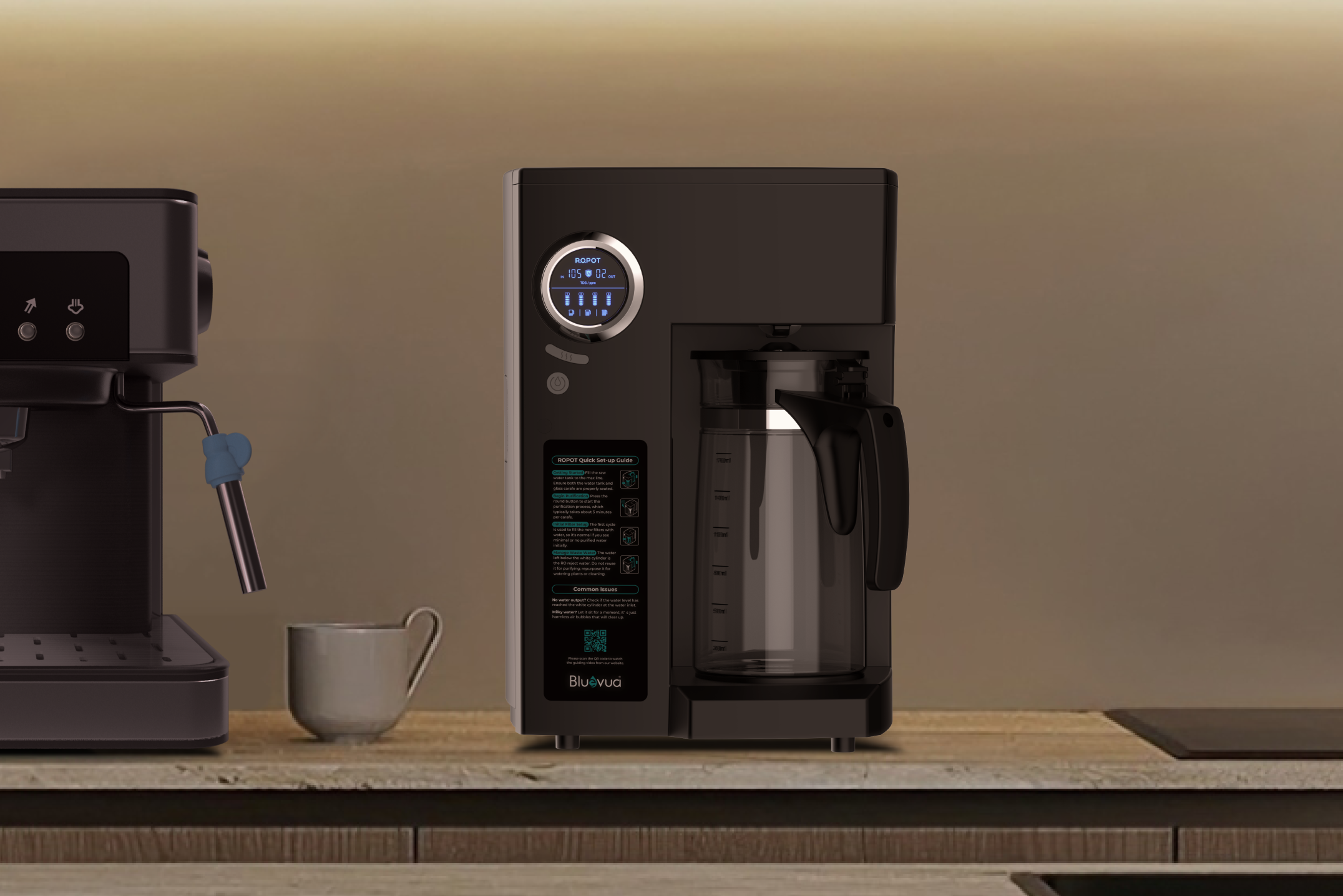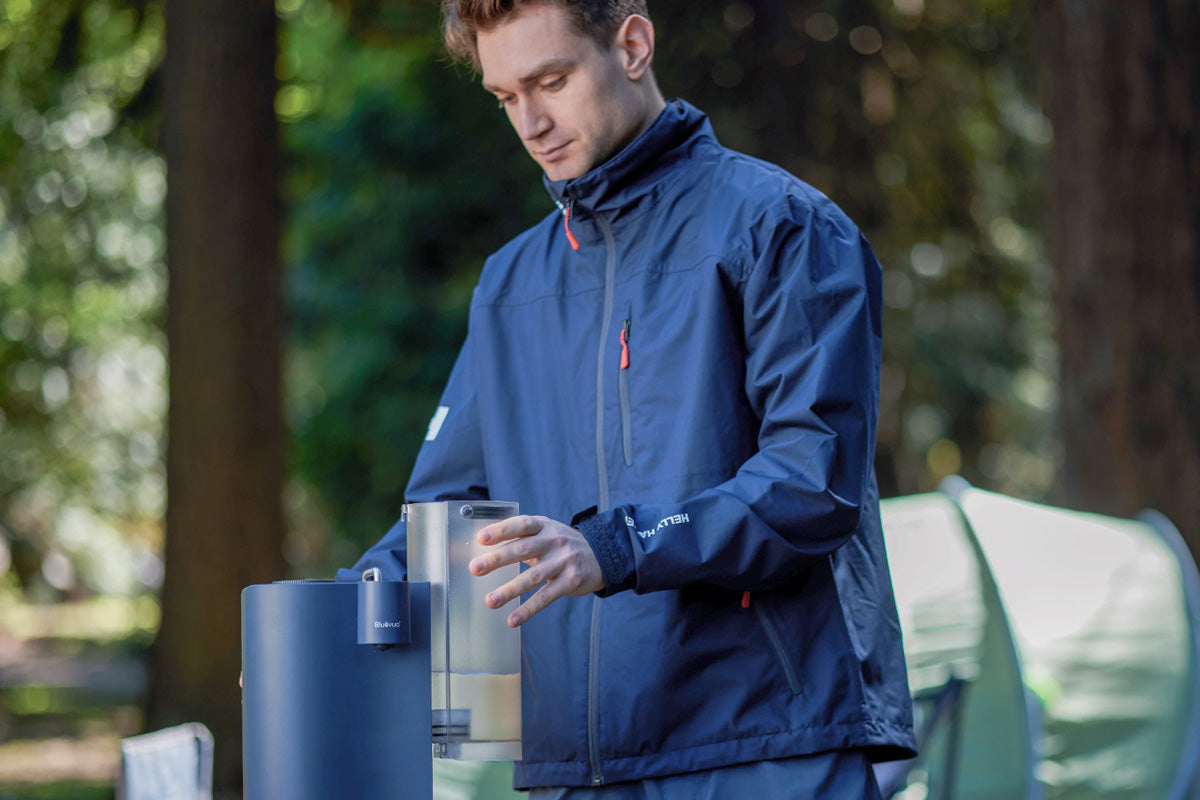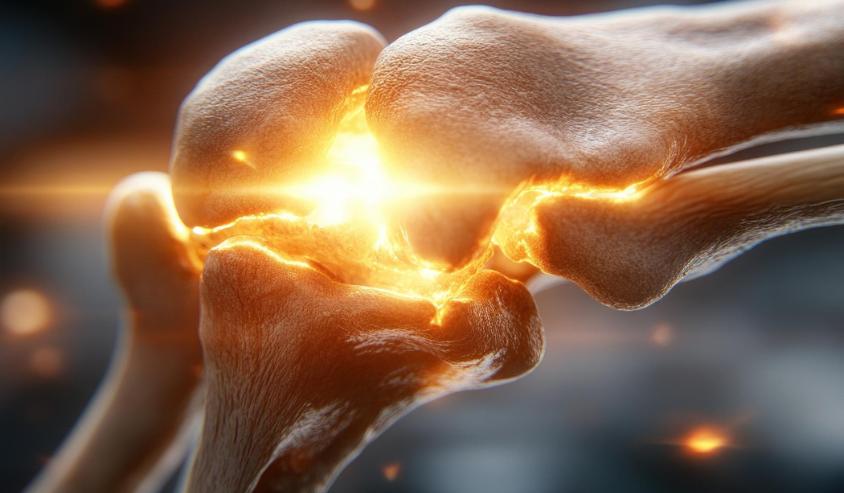This October, during Breast Cancer Awareness Month, we would like to pay tribute to the remarkable strength of survivors who are in the process of healing. Over 4 million breast cancer survivors reside in the U.S. alone, a testament to advances in treatment as much as to the strength of survivors themselves. Whilst large treatments inevitably command most attention, an everyday moment of self-care—hydration—can be an effective partner. In this guide, we explain why hydration is crucial and how you can make it a beneficial aspect of your recovery.
Why Hydration Is So Important During Treatment

Cancer treatments like chemotherapy and radiation are powerful, but they can be very demanding on your body. One of the most common yet overlooked side effects is dehydration, which can impact how you feel day-to-day. Here’s how drinking enough water can help:
- It Helps Flush and Cleanse Your System: Your body works overtime to process the powerful medications used in treatment. Drinking plenty of water supports your kidneys and liver, helping them do their job of clearing out waste products more efficiently.
- It Can Ease Common Side Effects: Many difficult side effects—like fatigue, nausea, and constipation—are made much worse when you're dehydrated. Staying hydrated can help lessen these feelings and improve your overall comfort.
- It Breaks the Difficult Nausea Cycle: It’s tough to drink when you feel sick, but not drinking can make nausea even worse. The best way to break this cycle is to take small, frequent sips of water all day long. This gently rehydrates you without overwhelming your stomach.
By focusing on staying hydrated, you give your body a powerful tool to manage the challenges of treatment. It's a simple, proactive step you can take to support your health and well-being on your healing journey.
How Water Helps You Heal

Drinking water is about much more than just quenching your thirst. When you're recovering from cancer treatment, water becomes a super-helper for your body, working behind the scenes to help you heal and feel better. It plays a few key roles in your recovery.
- It Helps Your Body Repair Itself: Every single cell in your body needs water to do its job. When you stay hydrated, your cells have the fuel they need to repair damaged tissues and keep your organs working properly, which is essential for recovering from therapy.
- It Boosts Your Energy and Focus: Feeling tired, foggy, or getting headaches are common side effects of treatment, but dehydration makes them much worse. Drinking enough water supports healthy brain function, which can lead to more stable energy levels, clearer thinking, and an overall better sense of well-being.
Think of every sip of water as a small but powerful step you're taking to support your body's amazing ability to heal. It's a simple act of self-care that makes a real difference in how you feel, both physically and mentally.
3 Simple Tips To Get More Sips

When you are battling cancer, many things are out of your control. Consider hydration as something you can control and a small step in the healing process. Even very small steps can add up to a huge difference in how you're physically and emotionally.
Schedule Your Sips
It’s overwhelming to drink a large amount of water at once. Instead, adopt a different strategy. Set a soft alarm on your phone or a clock to take a few sips every 15 to 20 minutes. What results is a steady influx of hydration into your system, which won’t make you feel too full or nauseated.
Keep a Glass Nearby
Out of sight, out of mind. Keep a glass nearby as a constant reminder. Keep one next to your bed, on your coffee table or living room area, or take a bottle with you while running errands or to appointments. If you make it a habit to have a glass nearby, it makes it that much easier to stay hydrated.
Listen to Your Body
Your body subtly tells you what it needs. Be attentive to what you're experiencing. If you are thirsty, your mouth feels dry, your urine is darker, or you feel fatigue, your body is telling you that you need water. Act on these signals right away and answer your body's requirements.
How to Make Drinking Fluids Easier During Treatment
During your healing journey, the quality of everything you put into your body matters. Our advanced reverse osmosis (RO) purification system is designed to remove up to 99.9% of contaminants, including heavy metals, chlorine, and PFOA/PFOS. This ensures that you are only drinking the purest water. When your body is fighting a battle, it deserves the cleanest, most supportive hydration possible.
Start with Pure, Clean Water

The quality of what you put into your body is especially important right now. When your system is already working hard, providing it with the purest water possible is a great way to offer support. Using a quality water filter (like a reverse osmosis system) can remove common contaminants, ensuring every sip is clean and supportive.
Tips to Make Drinking Water More Appealing
If water has lost its appeal, don't worry. A few small changes can make a big difference.
- Try Different Temperatures: Your preference might change day by day. Sometimes ice-cold water is refreshing, but on other days, room temperature or even warm water with a slice of lemon can be more soothing for a sensitive stomach.
- Use a Straw: If you're experiencing a metallic taste (a common side effect), using a straw can help the water bypass some of your taste buds. It can also make sipping easier when you're feeling tired.
- Infuse It with Natural Flavor: Add a gentle, natural taste to plain water. Let these sit in a pitcher of water in the fridge for a few hours.
- Refreshing Cooler: Slices of fresh cucumber and a few wedges of lemon.
- Sweet Berry Mint: A handful of fresh berries (like strawberries or raspberries) with a few sprigs of mint.
- Gentle Ginger Zing: A few thin slices of fresh ginger and a squeeze of lime.
Think Beyond Plain Water

Hydration doesn't have to come from a glass of water. Many other gentle liquids and even foods can help you meet your fluid goals.
- Sip on Soothing Broths: A warm cup of low-sodium vegetable, chicken, or bone broth can be incredibly comforting. It not only hydrates you but also provides valuable nutrients and electrolytes.
- Enjoy Herbal Teas: Caffeine-free herbal teas like peppermint, ginger, and chamomile are hydrating and can help soothe nausea and calm your stomach. Just be sure to check with your doctor first, as some herbs can interfere with treatments.
- Eat Your Water: Many fruits and vegetables are packed with water. Try snacking on hydrating foods like watermelon, cantaloupe, cucumbers, celery, and oranges.
- Make Hydrating Frozen Treats: If your mouth is sore, sucking on ice chips or frozen treats can be very soothing. Try making popsicles at home using 100% fruit juice, a thin smoothie, or your favorite infused water.
A Simple Homemade Electrolyte Drink
When you're dehydrated from side effects like diarrhea or vomiting, your body loses critical minerals called electrolytes. This simple drink can help replace them gently.
Simple Hydrating Boost: In a glass, mix one cup of water, one tablespoon of honey or maple syrup, a small pinch of sea salt, and a squeeze of fresh orange or lemon juice. Stir well and sip slowly.
Don't be afraid to experiment with different temperatures, flavors, and sources of hydration to find what feels best for you. Each sip is a meaningful act of self-care that supports your body on its path to recovery.
A Final Word on Hope and Care

Your healing journey is your own, and caring for yourself day in and day out is a deep expression of strength. In recognizing Breast Cancer Awareness Month, we want you to recall that everyday gestures to yourself—such as hydrating with pure, clean water—are an important and uplifting part of your health journey. You are stronger than you think you are, and every movement you make to take care of your body is a movement toward recovery.





ทิ้งข้อความไว้
ความคิดเห็นทั้งหมดจะได้รับการตรวจสอบก่อนที่จะเผยแพร่
เว็บไซต์นี้ได้รับการคุ้มครองโดย hCaptcha และมีการนำนโยบายความเป็นส่วนตัวของ hCaptcha และข้อกำหนดในการใช้บริการมาใช้